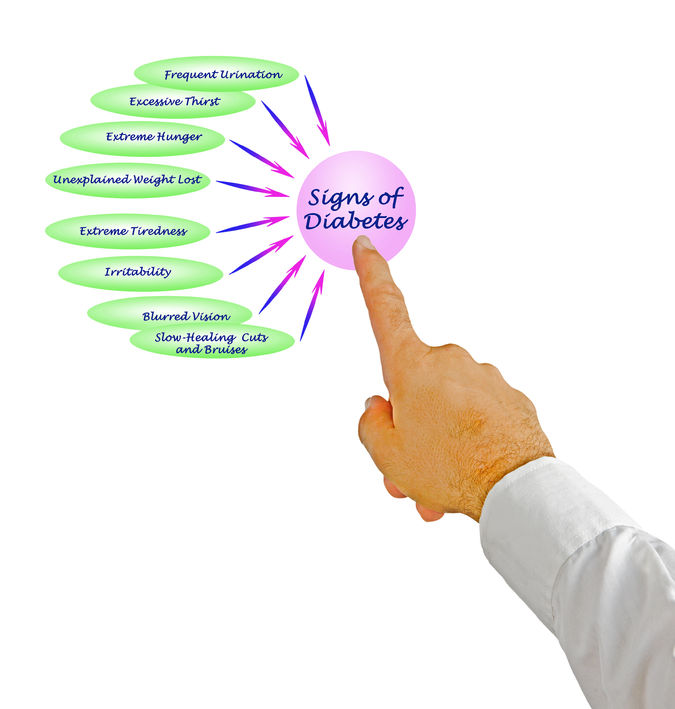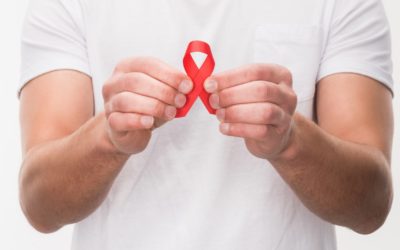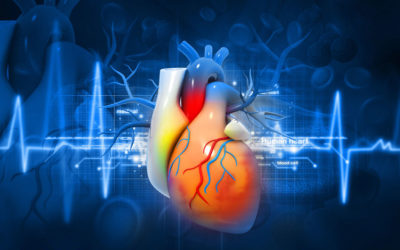Diabetes Medications
My wife and I go out regularly for dinner on Friday evenings with another couple. I’m quite partial to all-you-can-eat sushi, but our spouses are rarely (good sushi pun!) that enthusiastic for the AUCE adventures. Except once. Lisa was telling how she had a medication that made her outrageously hungry, but she did not take it for long, and we missed that opportunity.
Certain medications are well-known for making you hungry and encouraging weight gain. Male hormones-testosterones-are used illegally by athletes to bulk up. Anti-inflammatory steroids, such as prednisone and methylprednisolone, commonly increase hunger; fortunately this is dose-dependent and reversible. Patients starting a Dose-Pak with its initial high dosage may find it’s a good time to visit or avoid the AUCE sushi bar, depending on whether they’d rather get their money’s worth or keep their weight down.
Weight Fluctuations
While most patients struggle to maintain their weight, there are some patients who struggle to keep their weight down and others who struggle to keep their weight up. Most patients seem to be more interested in medications that might help them lose weight, and are concerned about taking medications that might promote weight gain.
A recent paper in Journal of Clinical Endocrinology and Metabolism (100: 363-370, 2015) examined 257 trails which included 54 different medications to provide evidence on commonly prescribed drugs associated with weight change. (1) Many are diabetes medications. These are the medications I’d like to explore today.
Many diabetes medications are associated with weight gain. Good diabetes control combines diet, exercise and diabetes medications. When diabetes is poorly controlled, there is not enough insulin to allow blood sugar to enter cells to produce energy or be stored as fat; the extra blood sugar can be so high that it is lost in the urine. As diabetes is controlled with insulin, those calories can be used by the body for energy, but can also be stored as additional fat and weight.
Insulin can stimulate hunger
Diabetes is associated with increased hunger and many type 2 patients have higher circulating levels of insulin along with insensitivity to the effects of insulin on blood sugar. Oral diabetes medications that stimulate insulin release (such as glyburide, glipizide) or drugs that sensitize cells to respond to insulin (such as pioglitazone, nateglenide) can be associated with weight gain of 1 to 5 lbs.
Some of my patients with diabetes balance their insulin dosage to bring down blood sugar without producing unbearable hunger. You may have noticed that some weight-loss programs encourage high protein and low carbohydrates in your diet; the idea is that there are fewer carbs to stimulate insulin release, so you don’t get so hungry.
Several diabetes medications tend to produce weight loss. Metformin, the first-line oral drug for type 2 diabetes, has physiological effects similar to exercise and can encourage weight loss averaging about 2½ lbs .
Some newer diabetes injections promote weight loss. Exenatide (Byetta™) and liraglutide (Victoza™) stimulate a system called GLP-1 (glucagon like peptide-1) (2); these medications stimulate the satiety, so you are more likely to feel full. The direct-to-consumer TV ads always seem to include the “some patients may lose weight” message.
Pramlintide (Symlin™) stimulates the amylin system, which acts on the central nervous system to slow down stomach emptying, promote fullness and suppress secretion of glucagon, another hormone with actions that worsen diabetes.
The newest diabetes medications change the way the kidneys handle sugar
Normally, sugar is filtered by the kidneys into the urine and then is reabsorbed back into the body. Sugar remains in the urine only if blood sugar is VERY high. The SGLT-2 inhibitors (3) (each with generic names ending in –flozin) prevent sugar from being reabsorbed, so sugar remains in the urine. The good news is that sugar lost in the urine lowers blood sugar and represents lost calories, which can translate into weight loss. The bad news is that sugar in the urine can encourage urinary tract infections.
It’s never all about weight gain or loss. Talk with your prescriber before you change any of your medications. And remember that your pharmacist is there to help review all your medications and answer any questions you might have.
References:
1. https://www.endocrine.org/journals/endocrine-press
2. http://clinical.diabetesjournals.org/content/23/2/56.full












